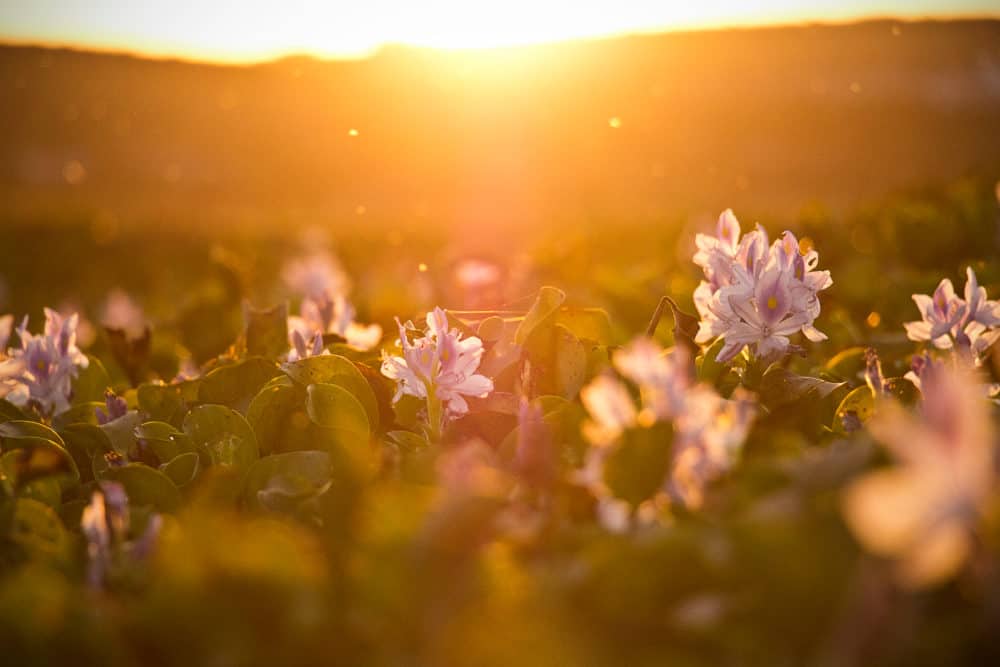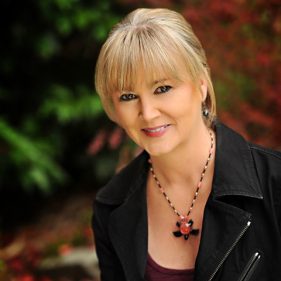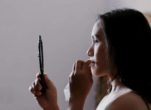
Cancer, Violence, and Wildflowers
When I met the fabulous poet Ellen Bass, who was a faculty member in my Master of Fine Arts in Writing program, my life changed. Her poetry, and her lifework of offering therapeutic writing workshops to adult survivors of child sexual abuse, called out to me unexpectedly. I realized there were people in my own community who were suffering from their own serious troubles, and I thought I, as a writer, might be able to help them. I voraciously devoured everything I could find about these types of workshops, and I reached out to local domestic violence shelters and cancer care centers. I set out to save the world.
But in fact, my students were the ones who saved me.
This was back in 2007-08, when my world seemed to be crumbling. The US economy had tanked and our home lost half its value overnight. My kids had crossed that frightening threshold into the land of teens and tweens so that our household was fraught with constant conflict. And, as if that weren’t enough, my own body was rebelling as several long years of premenopause climaxed into full-on physiological and emotional bedlam. I was not on antidepressants at that time, but perhaps I should have been, because dark thoughts of hopelessness invaded my outlook, like noxious weeds taking over my lawn.
Thank goodness for the workshops. While I hadn’t been diagnosed by a frightening disease or physically assaulted at home, I had more in common with my students than I’d anticipated. We had all been unprepared for the crises we faced in our lives and were afraid of our uncertain futures. We all felt a burning desire to be healed on multiple levels. We were all hiding behind masks.
‘We Wear the Mask’, Paul Laurence Dunbar’s poem about relying on our inner strength rather  than letting the world see our tears and sighs, was a powerful tool in the workshops, prompting teacher and students alike to write about pains that had been stifled. Soon the students opened up to me and to one another, and while I struggled for the right words of comfort, others in the workshop seemed able to offer wisdom and solace readily, and they were likewise able to express sincere gratitude in return, despite the challenges they faced. My internal grumbles about far less compelling matters began to lose traction.
than letting the world see our tears and sighs, was a powerful tool in the workshops, prompting teacher and students alike to write about pains that had been stifled. Soon the students opened up to me and to one another, and while I struggled for the right words of comfort, others in the workshop seemed able to offer wisdom and solace readily, and they were likewise able to express sincere gratitude in return, despite the challenges they faced. My internal grumbles about far less compelling matters began to lose traction.
There are numerous scientific and anecdotal studies verifying what I observed, that writing can be transformative and therapeutic. But it’s not easy. It can be a slow process that takes patience and tenacity in the same way digging through layers of sedimentary rock can be arduous for an archaeologist. It also requires courage because it’s both introspective and reflective, and you don’t always like what you discover, at least initially. I’ve seen men and women break down as they uncover stories that have lain buried for years. But I’ve also seen the joy they experience when they finally release their secrets and find new ways to look at themselves, and their worlds, through the writing process. And when they recognize inner strengths they’d forgotten they have. And when they accept challenges they’d previously avoided. Most of all, I’ve seen how my students can finally breathe fully, and find the beauty in making connections again, once they remove their masks.
It’s almost magical witnessing the power of writing, as though it’s fertilizer for the soul, as though I’m watching a slow-motion explosion of wildflowers: first, the strong stalks sprouting from the soil, then the buds beginning to open, and finally, a mesmerizing palette of strength and color and beauty coming into full view, choking out the ugly noxious weeds.
This was how my students saved me. They gave me reason to celebrate, to embrace a new sense of hope, knowing how this simple, time-honored activity can help us cope with so many obstacles in our lives. They gave me a new sense of purpose, as I’ve been bringing these workshops to many others since then. And they taught me that it’s okay, even advisable, to take off my own mask.
G. Elizabeth Kretchmer











0 comments to "Cancer, Violence, and Wildflowers"